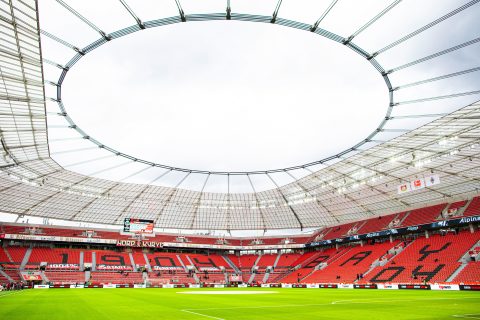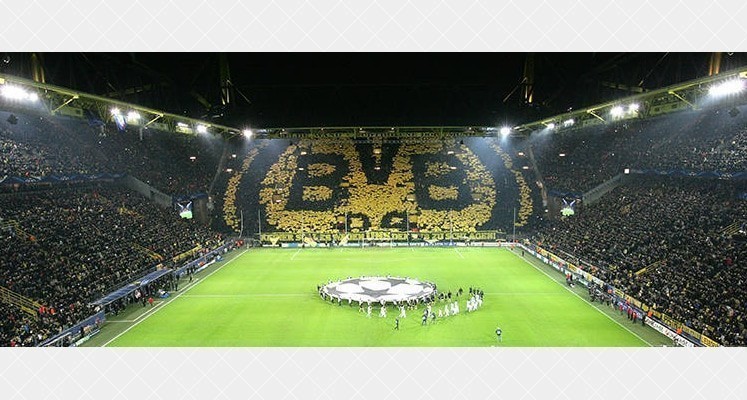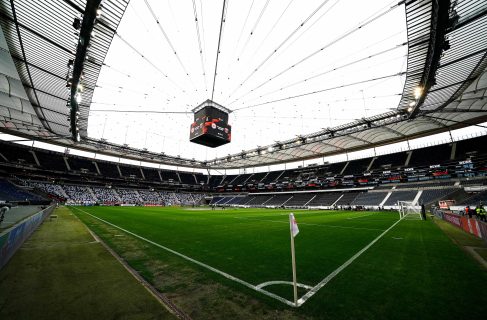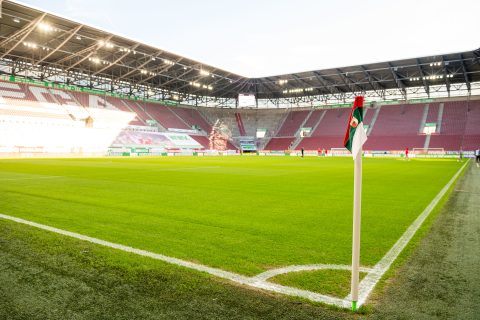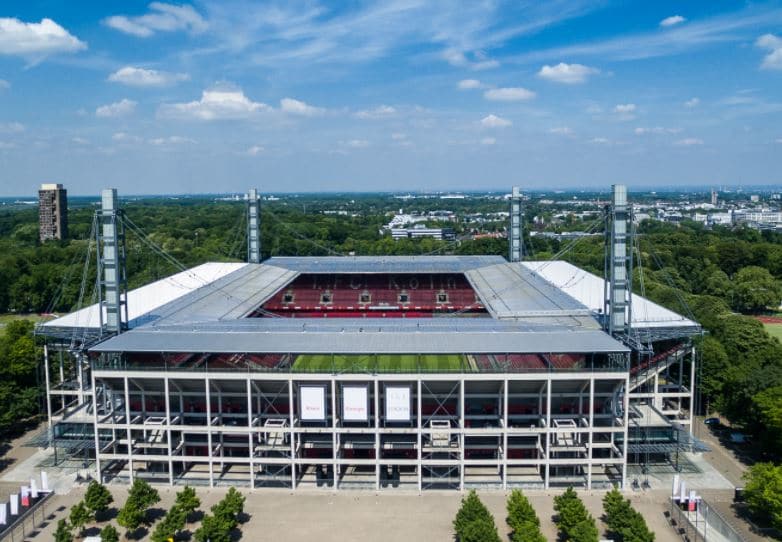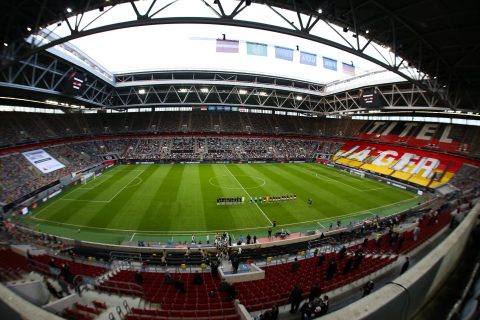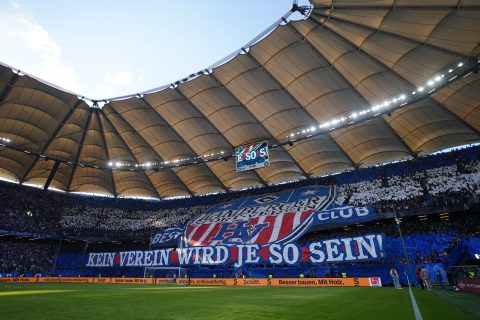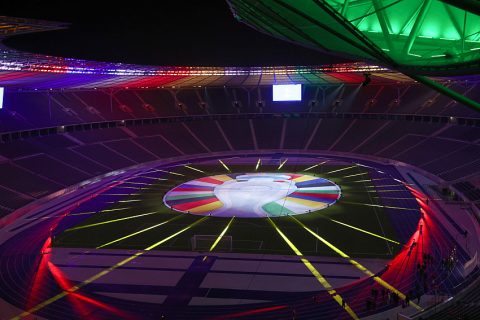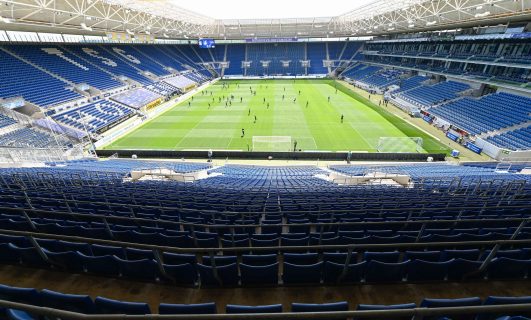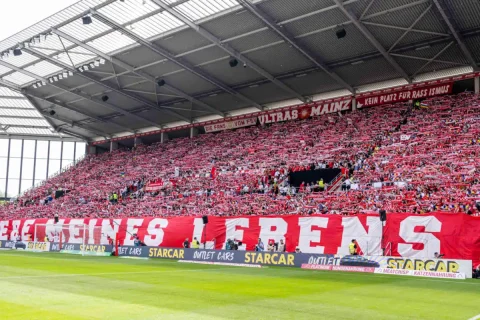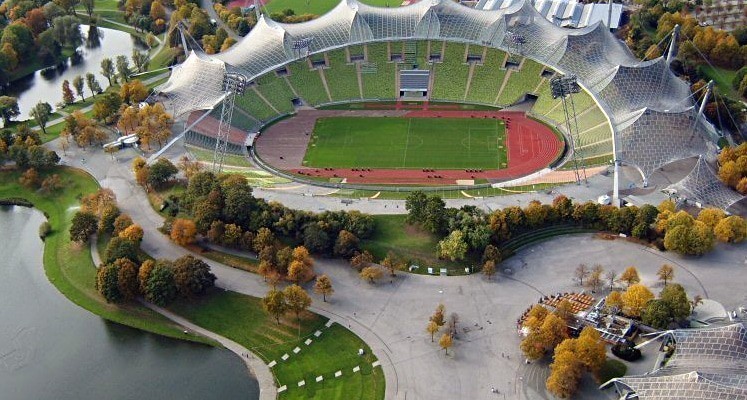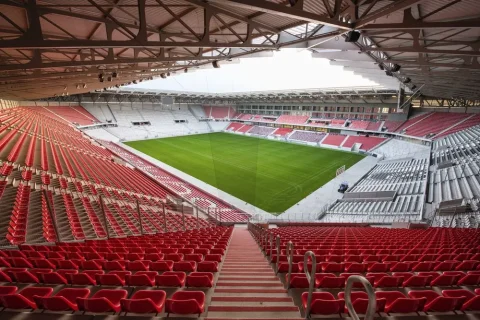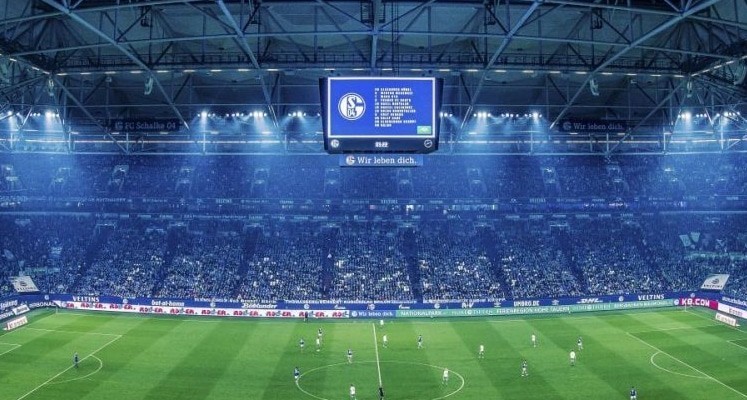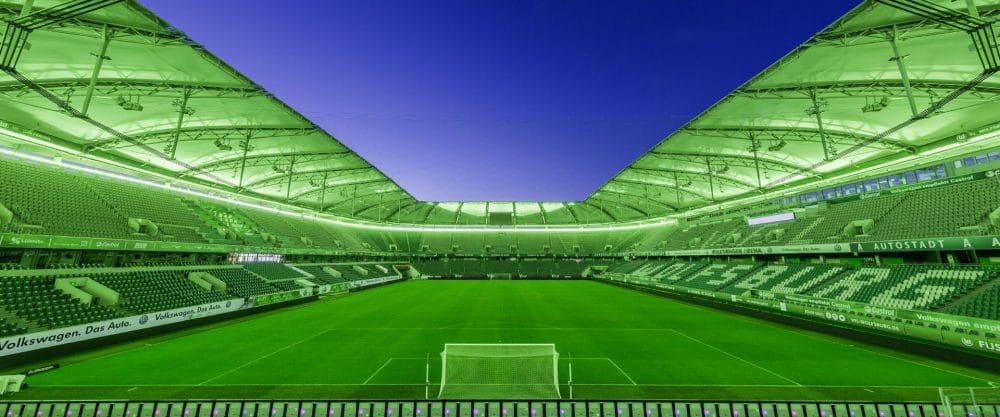Germany Football Stadiums Overview
Germany is home to some of the most passionate football fans. On European matchdays, German stadiums are some of the loudest. German fans are also known for resisting negative stories and protesting things they disagree with.
Berlin
Germany’s capital features a mix of historic and modern football grounds, though, unlike most European capitals, it is not the nation’s most prestigious footballing location.
Hertha BSC – Olympiastadion
FC Union Berlin – Stadion An der Alten Forsterei
Munich
The football capital of Bavaria hosts world-class and smaller clubs, most notably Bayern Munich, Germany’s most successful side.
Bayern Munich – Allianz Arena
TSV 1860 Munich – Stadion an der Grunwalder Straße
Dortmund
It is a city with one of Europe’s most iconic footballing experiences; the club’s Yellow Wall is famous worldwide.
Borussia Dortmund – Signal Iduna Park
Hamburg
A key footballing hub in northern Germany, with Hamburger SV the city’s most notable side.
Hamburger SV – Volksparkstadion
FC St. Pauli – Millerntor-Stadion
Other Notable Cities
Leipzig – RB Leipzig Red Bull Arena and Chemie Leipzig – Alfred-Kunze-Sportpark
Frankfurt – Eintracht Frankfurt – Deutsche Bank Park and FSV Frankfurt – Stadion am Bornheimer Hang
Gelsenkirchen – Schalke 04 – Veltins-Arena
Bremen – Werder Bremen – Wohninvest Weserstadion
Levverkusen – Bayer Levverkusen – BayArena
Biggest Stadiums in Germany
Germany’s football stadiums are known for their size and passionate atmospheres, particularly in the Bundesliga, which boasts some of the highest average attendances in Europe. Dortmund also ranks as the largest stadium in Europe.
Signal Iduna Park (Dortmund) – 81,365
Allianz Arena (Munich) – 75,000
Olympiastadion (Berlin) – 74,475
Veltins-Arena (Schalke) – 62,271
Mercedes-Benz Arena (Stuttgart) – 60,449
Oldest Stadiums in Germany
Many of Germany’s oldest stadiums have undergone significant renovations but retain their historic importance. However, most are only as old as the early 1900s.
Grünwalder Stadion (Munich) – Opened in 1911
Betzenberg (Kaiserslautern) – Opened in 1920
Stadion an der Alten Forsterei (Berlin) – Opened in 1920
Stadion am Zoo (Wuppertal) – Opened in 1924
Stadion Rote Erde (Dortmund) – Opened in 1926
Success in Europe for German Clubs
Germany has a rich history in European competitions, with several clubs achieving success in different tournaments. Bayern Munich is the most successful side in the league and the most recent European champion.
Bayern Munich: Six UEFA Champions League, most recently in 2020, one UEFA Europa League, UEFA Cup, and two UEFA Super Cup
Hamburger SV: One UEFA Champions League, and a UEFA Cup Winners’ Cup
Borussia Dortmund: One UEFA Champions League, and one UEFA Cup Winners’ Cup
Eintracht Frankfurt: Two UEFA Europa League
Borussia Monchengladbach: Two UEFA Europa League
